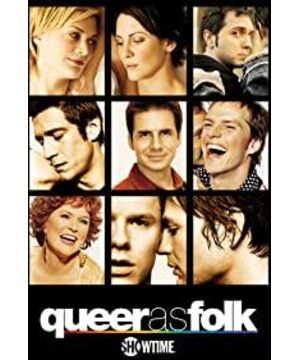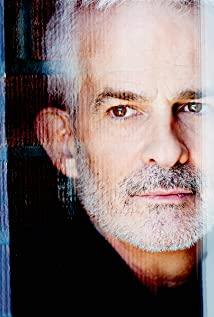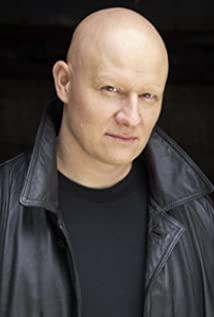B's sadness is actually the writer's sadness, which may be the reason why B & J are not together. It's a question of ideology, belief, values. Queer as folk is actually a very profound film. If you pay attention to the lines, you will find that if the screenwriter did not deliberately pretend to be B, at least his literary and artistic accomplishments are much deeper than pure life dramas like Friends. Brian himself, isn't he the embodiment of extreme liberalism and individualism? If Brian wanted to say what the screenwriter wanted to say, then I think what touched me the most was not just the unswerving defense of gay culture, but the strong questioning of the entire heterosexual system. This is also a place where a lot of people know that they were made by straight people, but they just replace the love story of straight people with two same-sex protagonists and the queer as folk is incomparable. Brian said that straight people have to talk a lot before they lie down, but in the end they just hurt each other, because they have been living in lies all the time. At first glance, it seems like childish extreme words, but look at almost all the opposite sex mentioned in the play Family love, Justin's parents, Brian's parents, Hunter's parents, Linz's sister, you really have to seriously think about this question, how much hypocrisy is there in the sacred marriage and family that heterosexuals defend? A family often accomplished at the expense of women; an exclusive marriage inextricably linked to possessiveness, control, and, more importantly, such a standard, unified moral system that provides everyone with standard roles , and ignore the question of who am I, and ignore the real appeal of human nature. Much of Queer as folk is built on reflection and critique of these lies, and it's no wonder that even Michael, when asked to speak out that there is no difference between homosexuality and heterosexuality, temporarily unscripted, insisting "No, we are very different. "It's not about diversity, it's about drawing boundaries. A group of people who are willing to live in lies and a group of people who dare to be themselves.
Brian said "I believe in fucking, not loving", in fact, it's not that I don't believe in love, but I don't believe in the role-playing, rights and obligations that the straight world incorporates into this word; and when you can't associate a thing with his incidental, artificial When the given prejudices are completely separated, the only way to speak can be a total negation. There are so many corrupt sex scenes in the whole play, no matter how you despise it or shake your head, it is a kind of resistance and ridicule to the audience who live in the fantasy and lie of love and refuse to admit human nature.
However, queer as folk is also a film about love and friendship. For real and pure love, it has to show respect, so the screenwriter did not dare not write B's feelings for J in return. This is the problem, in what way should B repay J? It may be easy to break an irrational order, but difficult to rebuild a new one. This is also the biggest and most unsolved problem of the show. If you stop promiscuity and make any promises, is it back to marriage or actual marriage? But isn't that exactly what I've been questioning before? Is it possible to give up all the beliefs just for love? If that commitment isn't marriage, what is? How to define mutual rights and obligations, how to prevent heterosexual falsehoods and lies, and how to ensure that individual freedom is not shackled? These questions, at least in this play, have not been answered.
In desperation, the screenwriter had to give a tricky solution. B still proposed to J, but for various reasons, it was not formed. Those so-called "ambition beat us" are just a pretense to prevent them from forming. In this way, it respects love, expresses B's heart, and makes the audience breathe a sigh of relief; at the same time, it does not allow B, a character who has placed too much faith and rebellion, to compromise on the opposite side of his own beliefs. It can be regarded as retaining the consistency of criticism and questioning. To put it bluntly, it is just to avoid the term "marriage", which is really awkward resentment.
The only thing that made me see another layer of meaning was the scene where B and J talked about conditions. No kiss on the mouth, just once. Going home before three o'clock makes me think that it's not impossible to break away from the old marriage system and create a new and more reasonable relationship. Of course, this is not a TV show Questions that can be finished.
View more about Queer as Folk reviews











